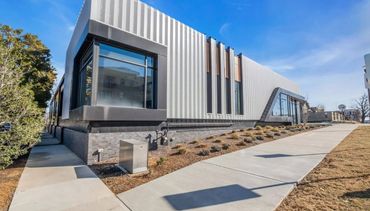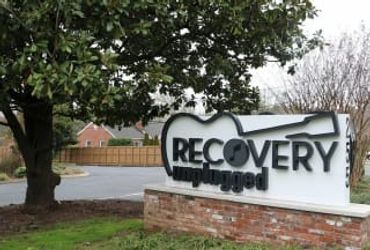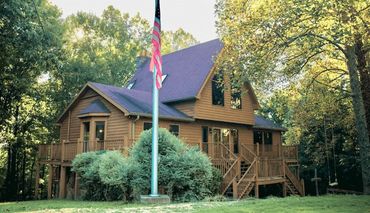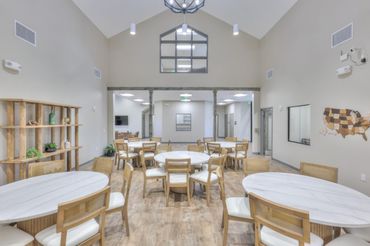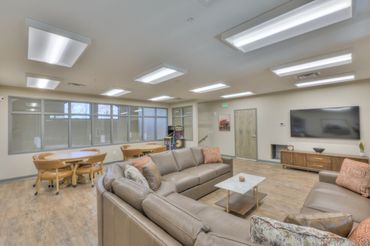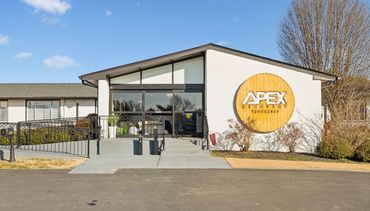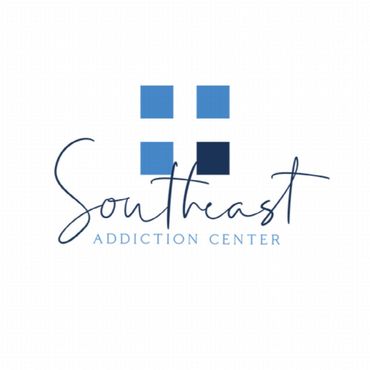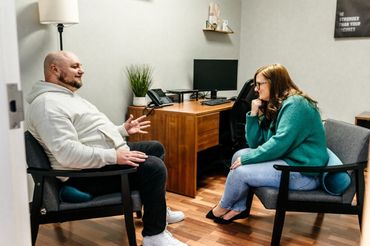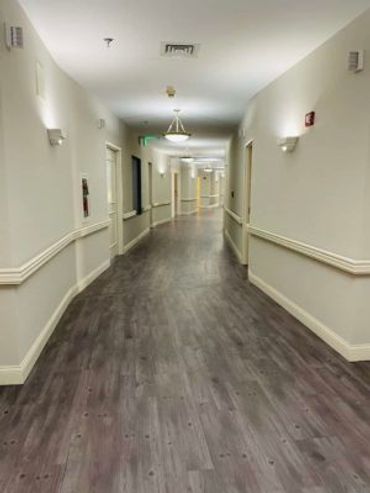
Cognitive Behavioral Therapy (CBT) for Addiction in Tennessee
Find Cognitive Behavioral Therapy (CBT) treatment for addiction in Tennessee. CBT helps treat addiction by identifying triggers, changing harmful thought patterns, building coping skills, and preventing relapse through improved self-awareness and decision-making. Find CBT treatment centers in Tennessee today!
Treatment Centers in Tennessee

All Treatment Centers in Tennessee
Are You Covered For Treatment?
- Memphis Rehabs
- Nashville Rehabs
- Knoxville Rehabs
- Chattanooga Rehabs
- Johnson City Rehabs
- Murfreesboro Rehabs
- Jackson Rehabs
- Hohenwald Rehabs
- Oak Ridge Rehabs
- Brentwood Rehabs
Rehab Insurance Coverage in Tennessee
Rehab Centers in Tennessee
Information About Rehab in Tennessee
Latest Reviews
Latest Reviews of Rehabs in Tennessee
Cumberland Heights Drug & Alcohol Treatment - Nashville (River Road)
I have been to this facility more than once and each time they were professional and kind. I have recommended them to those in need of treatment. I love all of the nurses and counselors. They were prompt and efficient throughout my stay.
Summit at Harmony Oaks
I came to Harmony oaks broken emotionally, spiritually, and physically from alcohol. I was hopeless in life. After my journey here. I am hopeful, and have purpose in my life. The therapist are amazing. I would highly recommend.
About Tennessee
Tennessee is located in the southeastern region of the United States. With a population of over 6.8 million people1, it is the 16th most populous state in the country. Tennessee is known for its rich cultural heritage, diverse geography, and vibrant music scene. The state is home to a variety of natural wonders, including the Great Smoky Mountains, the Cumberland Plateau, and the Tennessee River.
The music scene in Tennessee is legendary, with Nashville being known as the “Music City” and the birthplace of country music. The state is also famous for its southern-style cuisine, including hot chicken, barbecue, and fried catfish. Overall, Tennessee is a state with a unique blend of natural beauty, cultural richness, and vibrant energy.
Addiction in Tennessee
Tennessee, like many other states in the U.S., is currently battling a serious drug crisis, particularly with opioid misuse and addiction. According to the Centers for Disease Control and Prevention, there were 2,089 drug overdose deaths in 2019 alone.2 Of those fatalities, 74% contained the presence of an opioid.3
Tennessee has experienced a significant increase in drug overdose death rates, rising from 17.2 per 100,000 in 2011 to 56.6 per 100,000 in 2021.4 Opioid overdoses have been the main contributor to the rise in drug overdose deaths, with 3,038 opioid-related deaths reported in 2021, making up 80% of all drug overdose deaths in the state.4
Addiction Treatment in Tennessee
In Tennessee, there are several levels of addiction treatment available to you. The fundamental treatment programs include detoxification, inpatient programs, and outpatient programs.
Detoxification programs provide medical assistance to safely manage withdrawal symptoms during the early stages of recovery. Inpatient programs offer intensive therapy and support in a residential setting, while outpatient programs allow individuals to attend therapy and counseling sessions while still living at home.
Many treatment centers in Tennessee also offer specialized programs and therapies customizable to your individual needs, including dual diagnosis treatment for co-occurring mental health disorders, as well as trauma-focused therapies.
If you are seeking a more luxurious or private option, there are also luxury rehabs and private rehabs available. Luxury rehabs often offer amenities such as spa treatments, gourmet meals, and upscale accommodations, while private funded rehabs may provide more individualized treatment options and a greater level of privacy.
To find a rehab center in Tennessee, you can utilize our online search tool find drug and alcohol rehabs in your area. It is important to carefully consider treatment options and choose a program that is right for your individual needs and situation in order to achieve lasting recovery from addiction.
How Much Does Rehab Cost?
Most insurance providers in Tennessee offer coverage for addiction treatment, but you should contact your insurance provider to determine what services and treatments are covered under your plan. Insurance plans may cover some or all of the costs associated with addiction treatment, including inpatient and outpatient care, medication-assisted treatment, and counseling and therapy sessions.
If uninsured, Tennessee has state-funded treatment centers available to provide affordable care. State-funded treatment centers offer a range of services (dependent on the location) including detoxification, inpatient and outpatient treatment, and various therapies. Treatment options may vary based on availability and funding, but state-funded treatment centers provide comprehensive addiction treatment regardless of a person’s financial situation.
In-Network Insurance Options
Length of Stay in Rehab
In Tennessee, addiction treatment programs offer various options for the length of stay, with 30-day, 60-day, and 90-day programs being the most common durations. These programs typically provide detoxification services, counseling, and various therapies to help you overcome your addiction.
In addition to these options, long-term rehab is another option available in Tennessee. Long-term rehab programs typically last between six months to two years, depending on your treatment needs and the specific facility/program you are enrolled in. These programs may offer a more intensive level of care, including residential treatment, counseling, and therapy sessions, as well as additional services such as life skills training and employment assistance.
Recovery Starts Today
Finding addiction treatment that is right for you is crucial in achieving lifelong recovery. It is essential to explore various options, including different levels of care, specialized treatment programs, and payment options, to find a treatment plan that meets your individual needs. Working with a qualified treatment provider and understanding the available resources can help you make informed decisions and increase your chances of successful recovery. Remember, you are not alone, and help is available.
